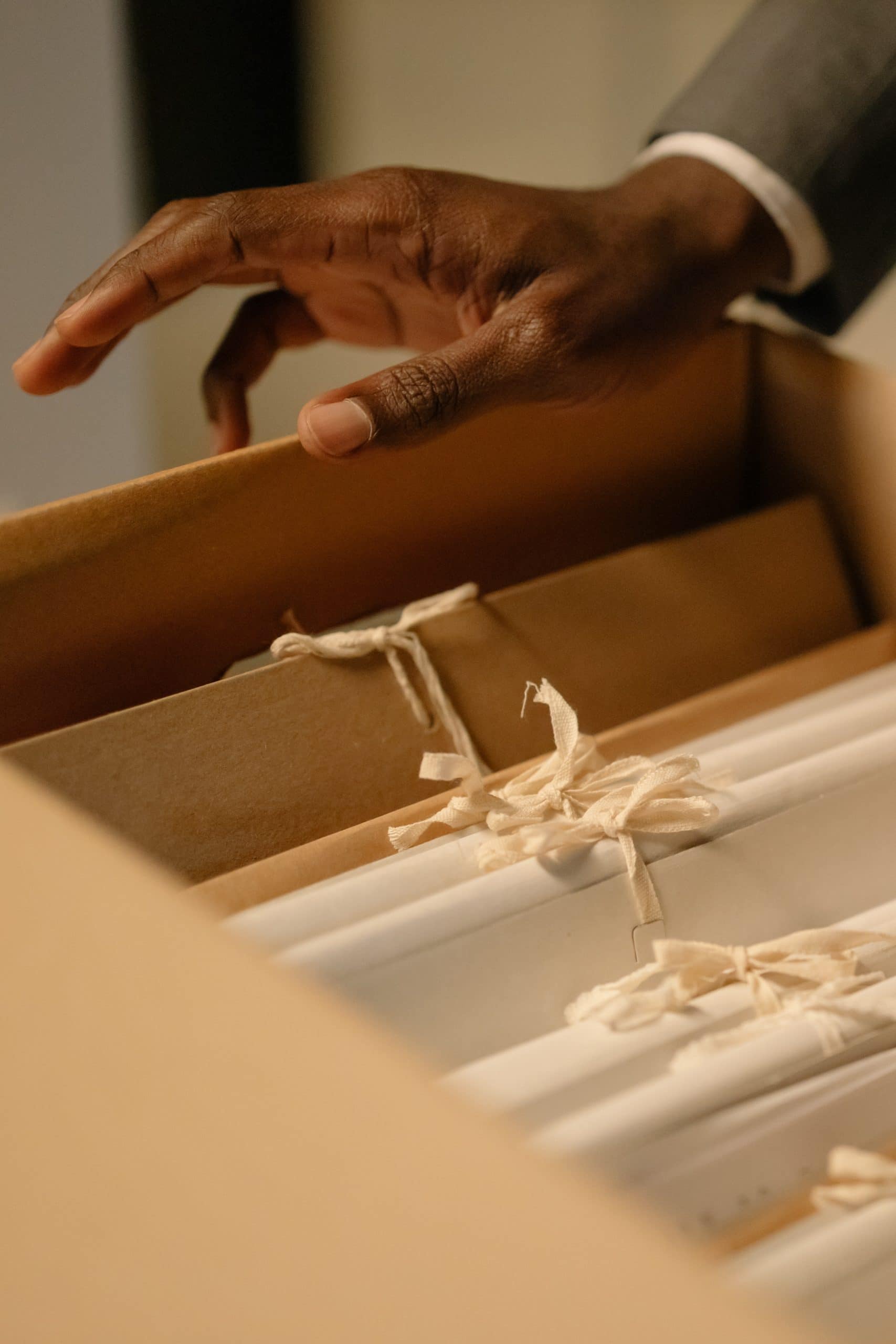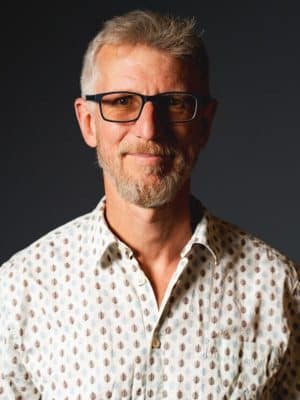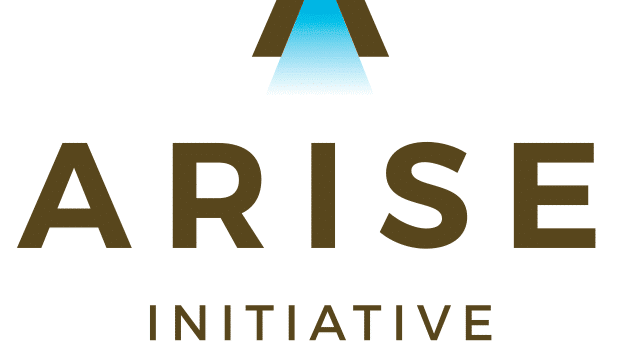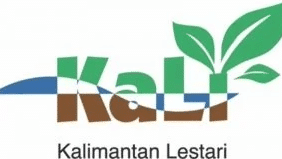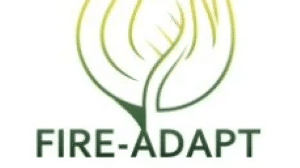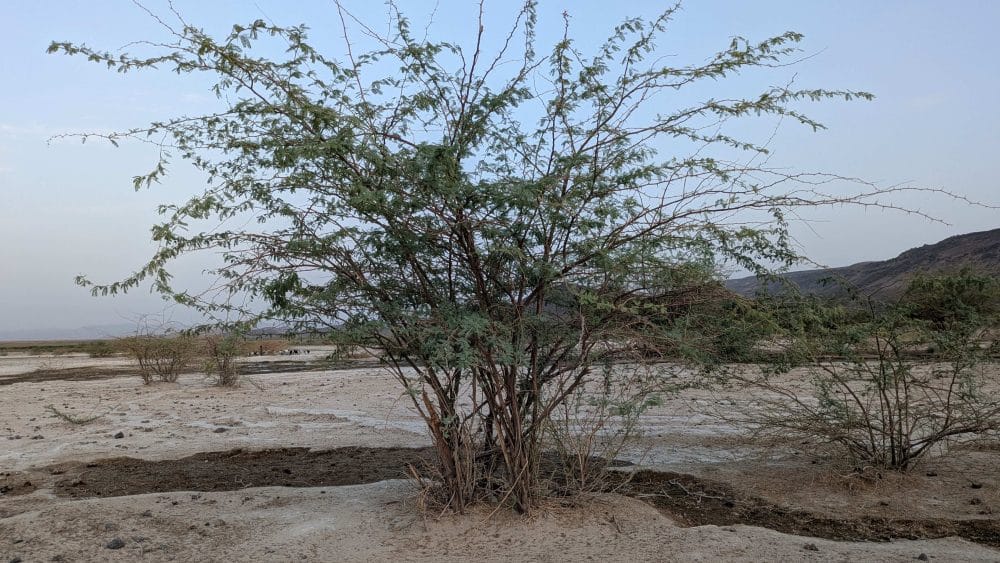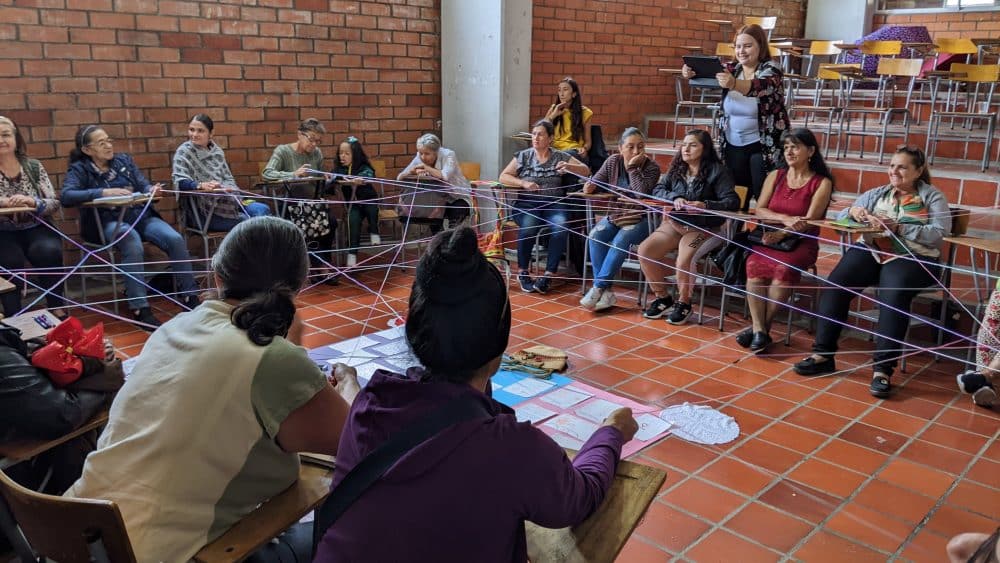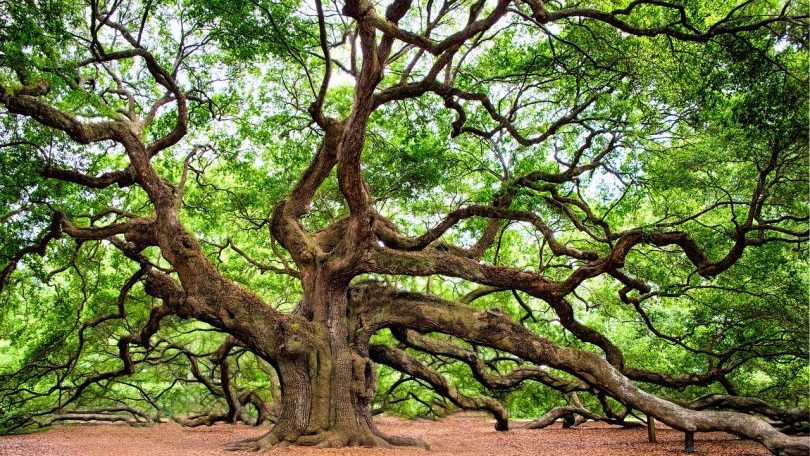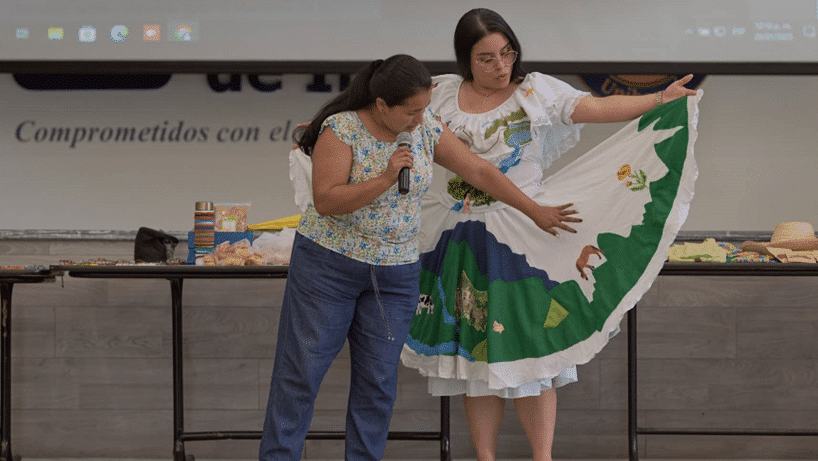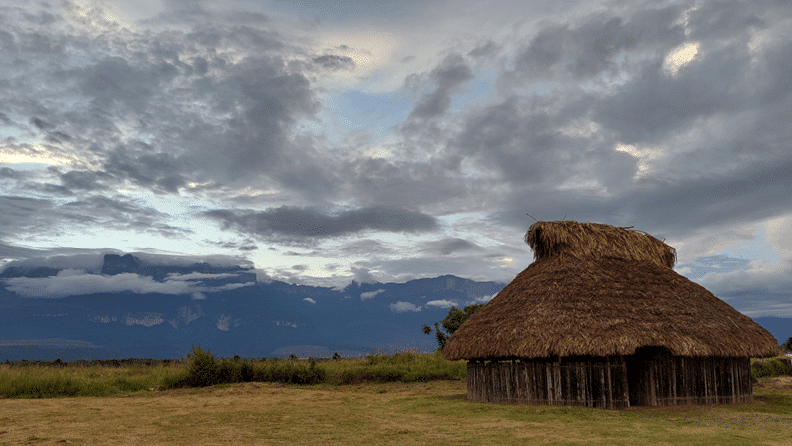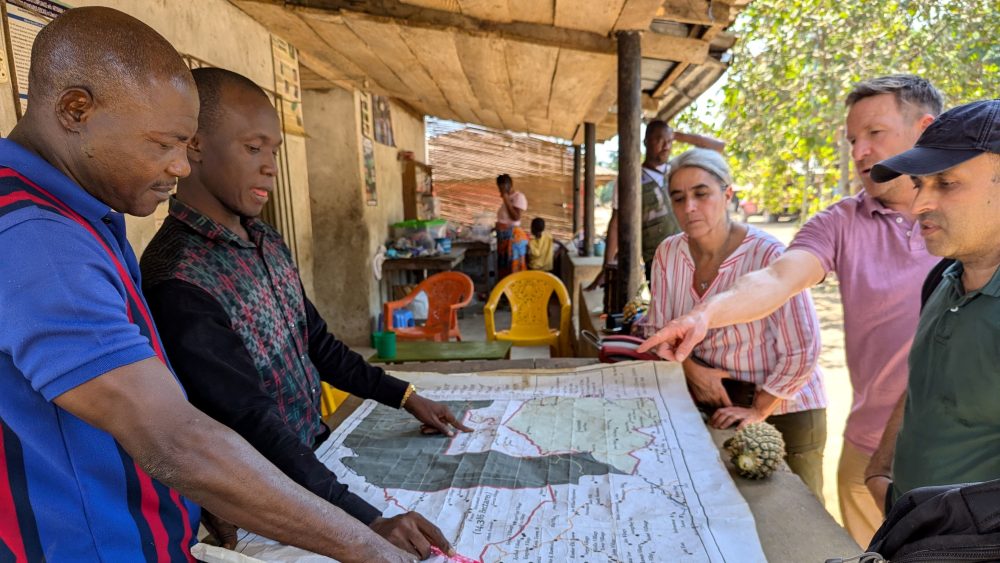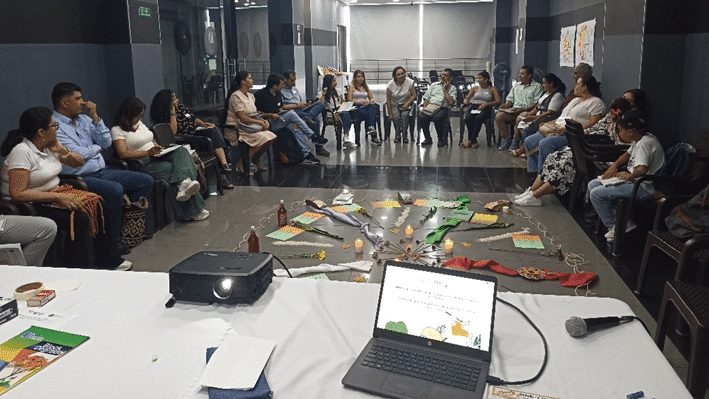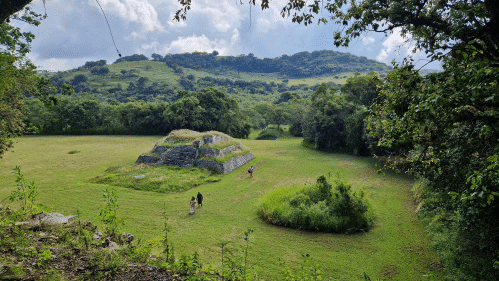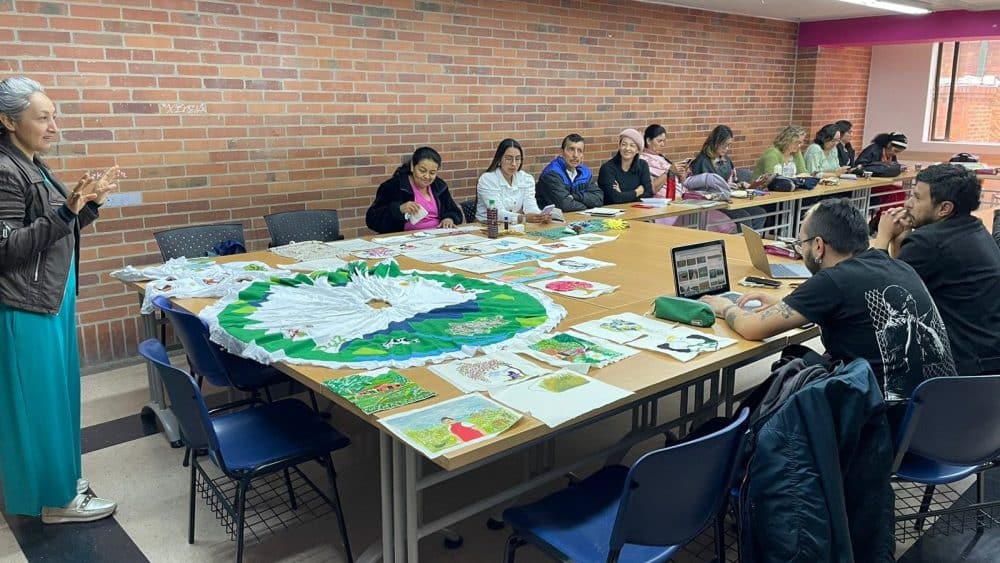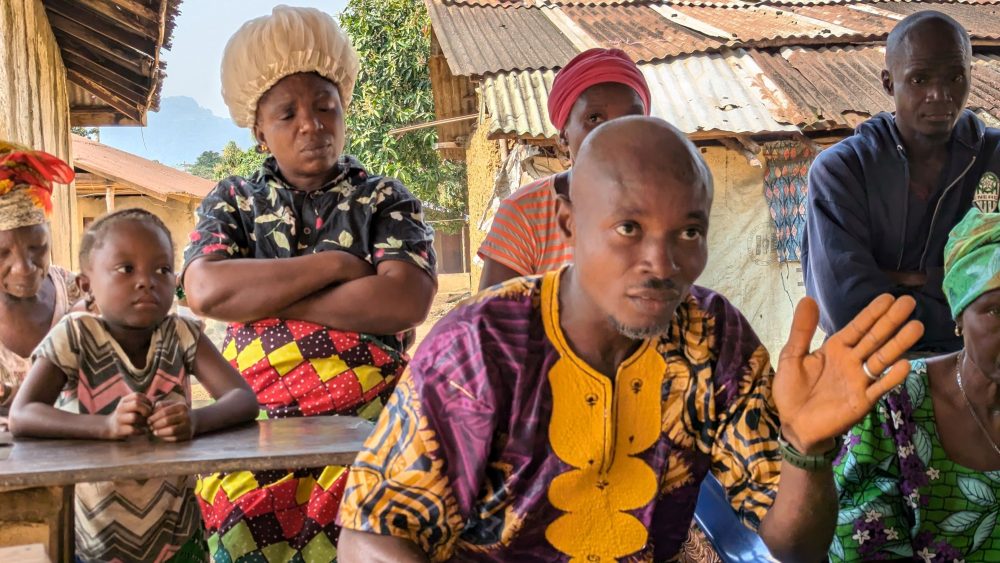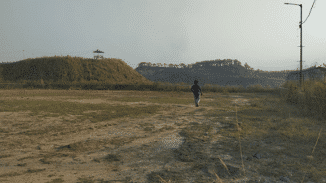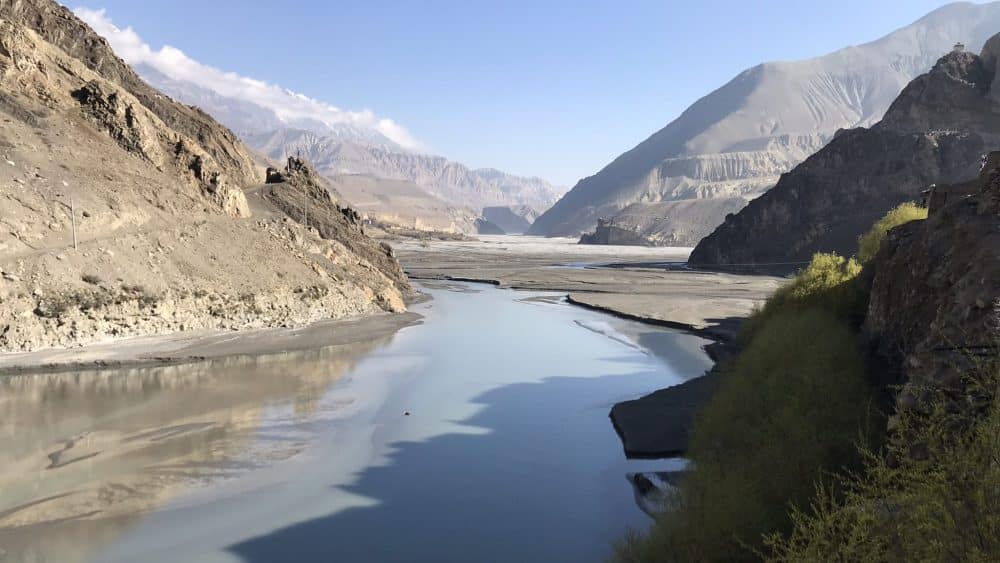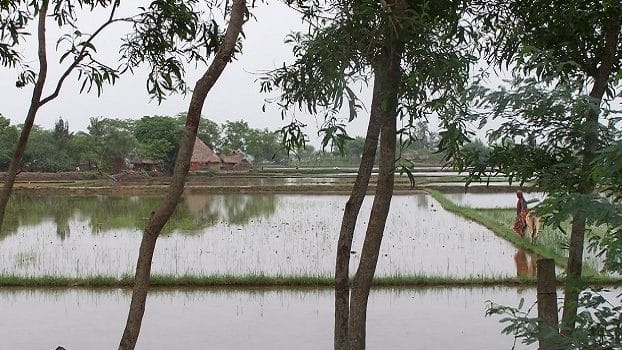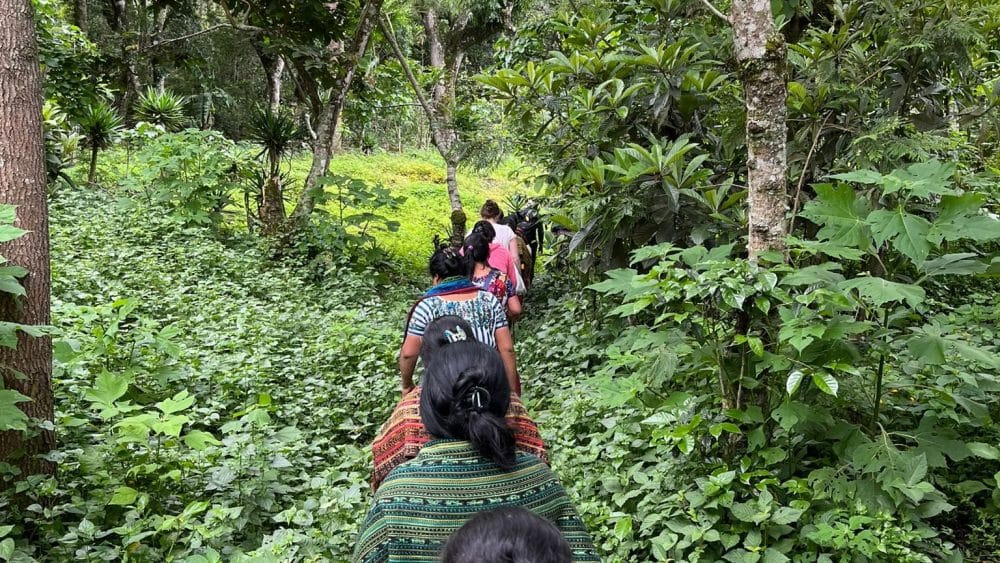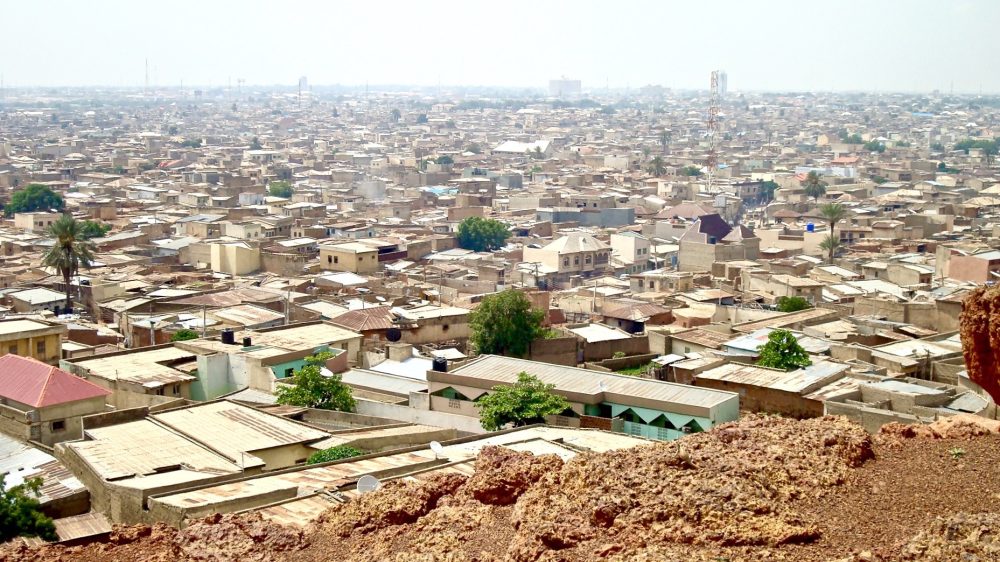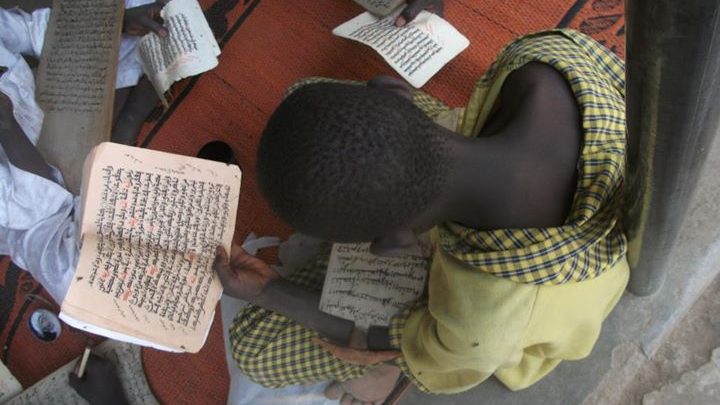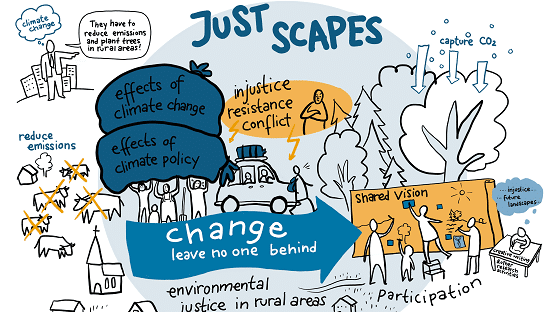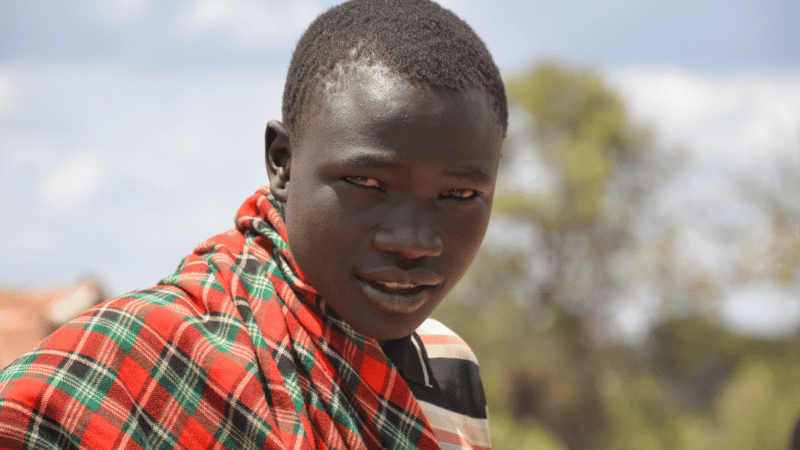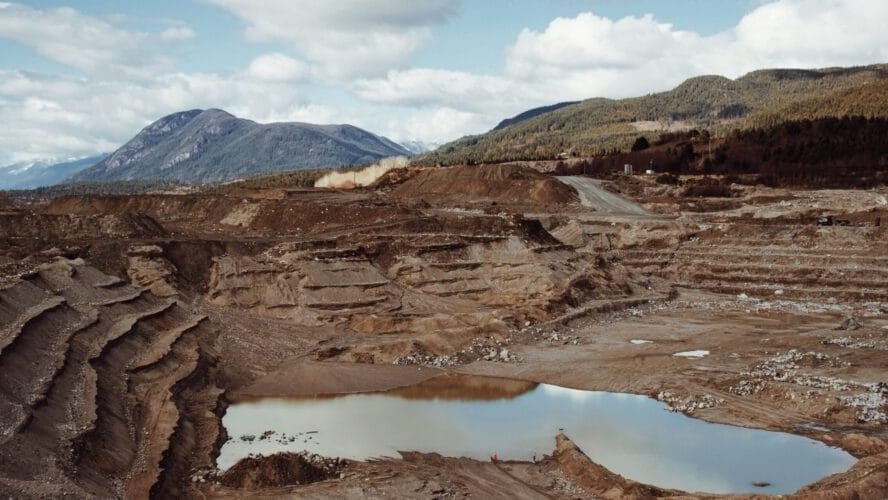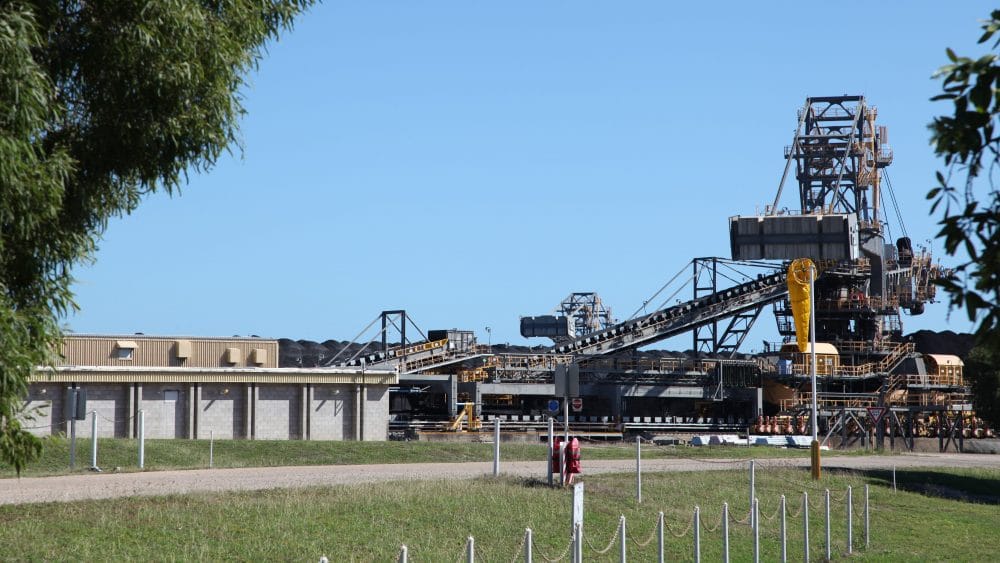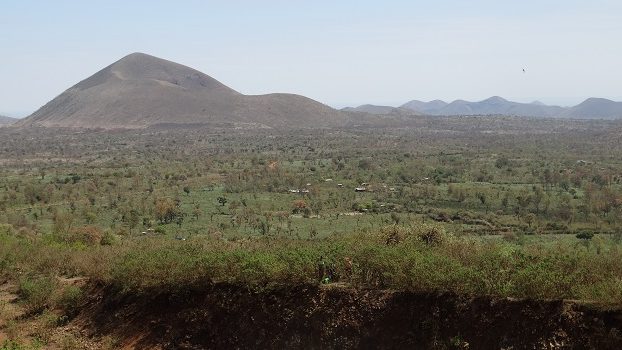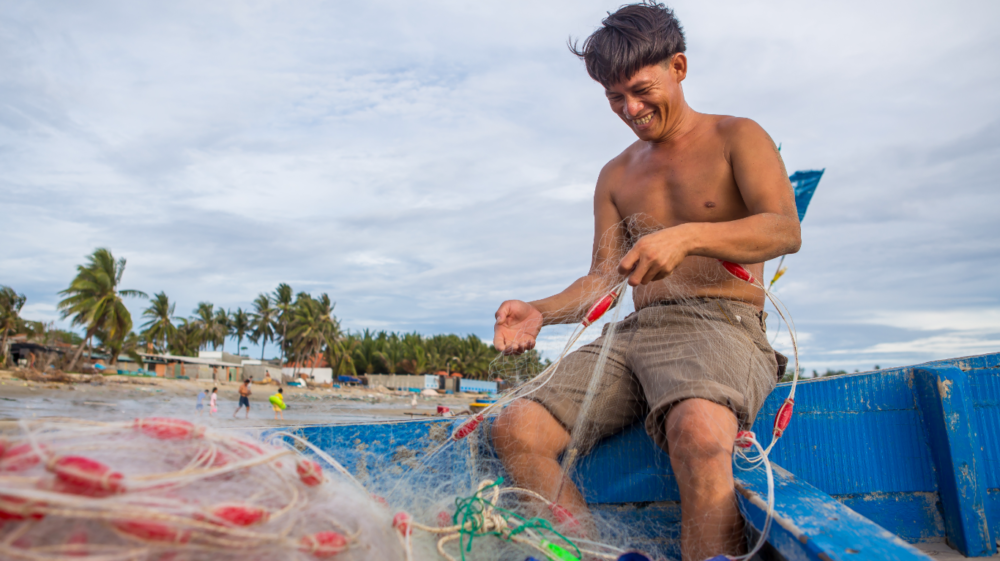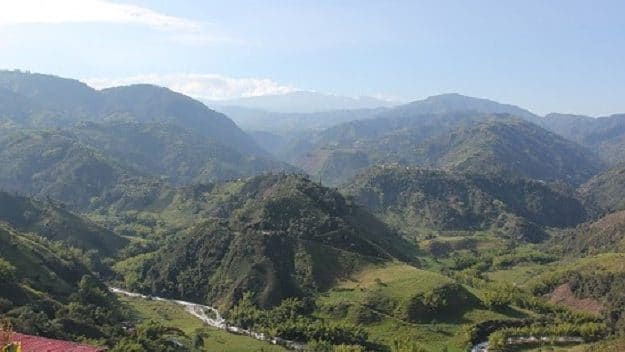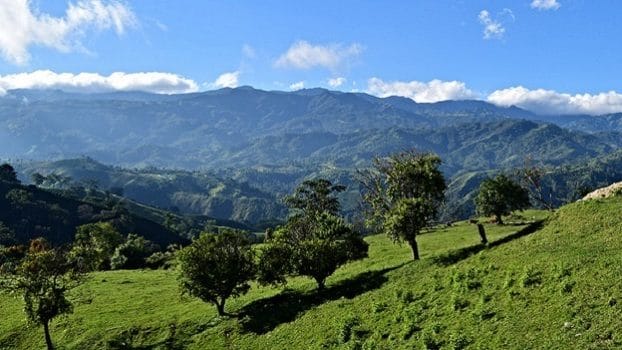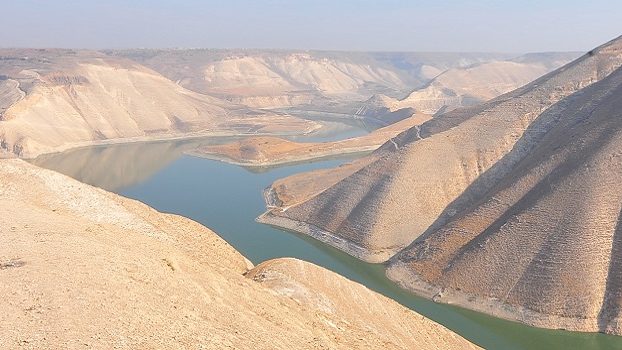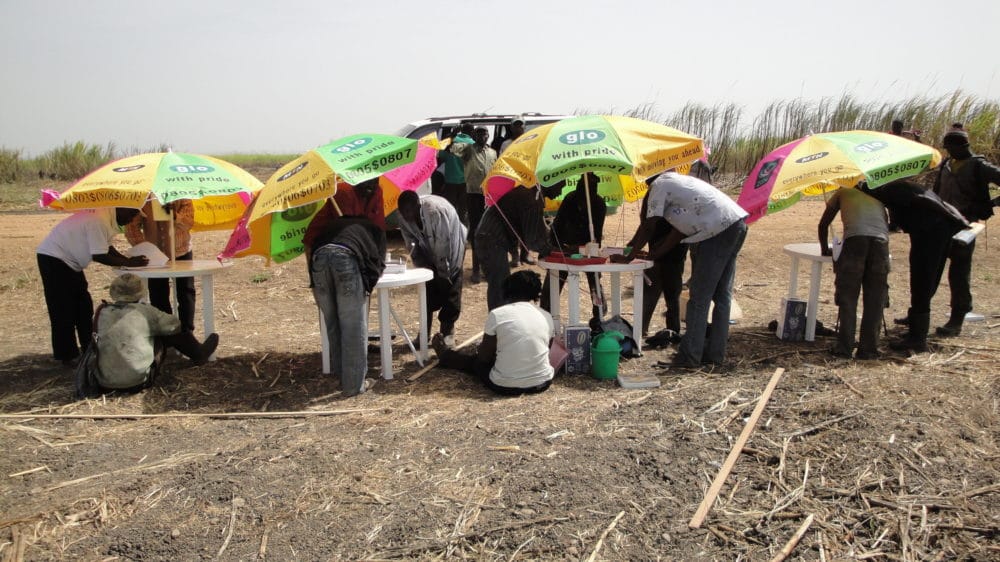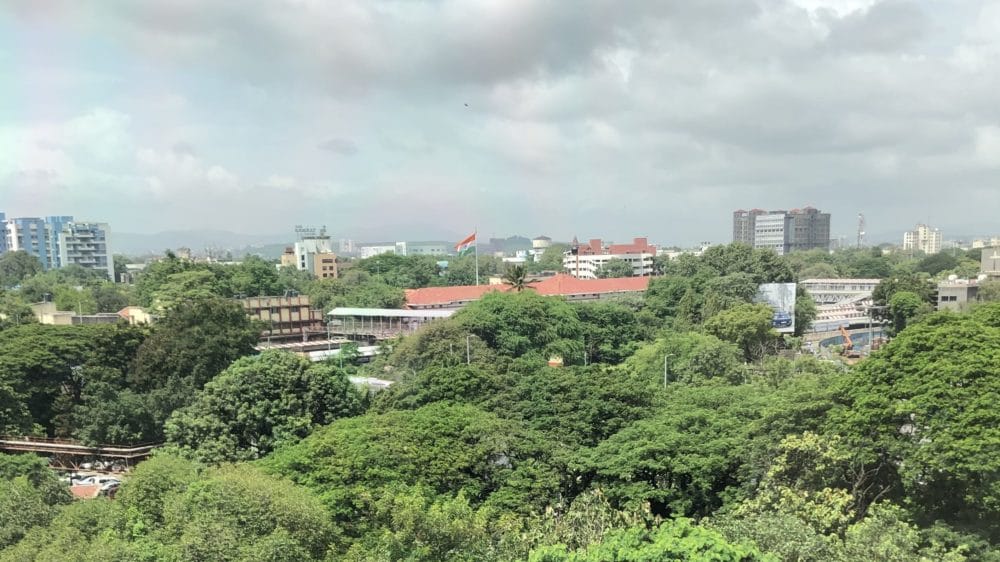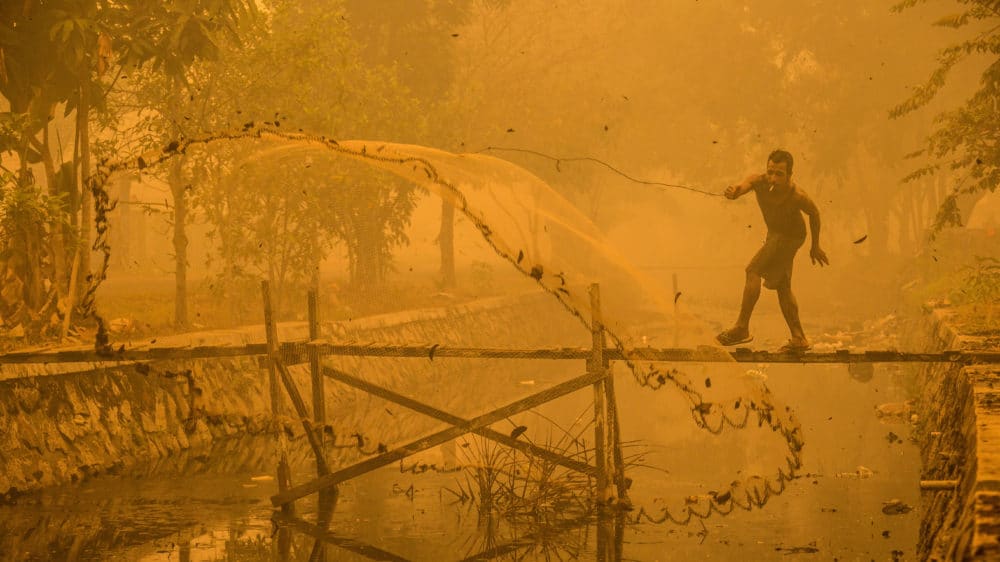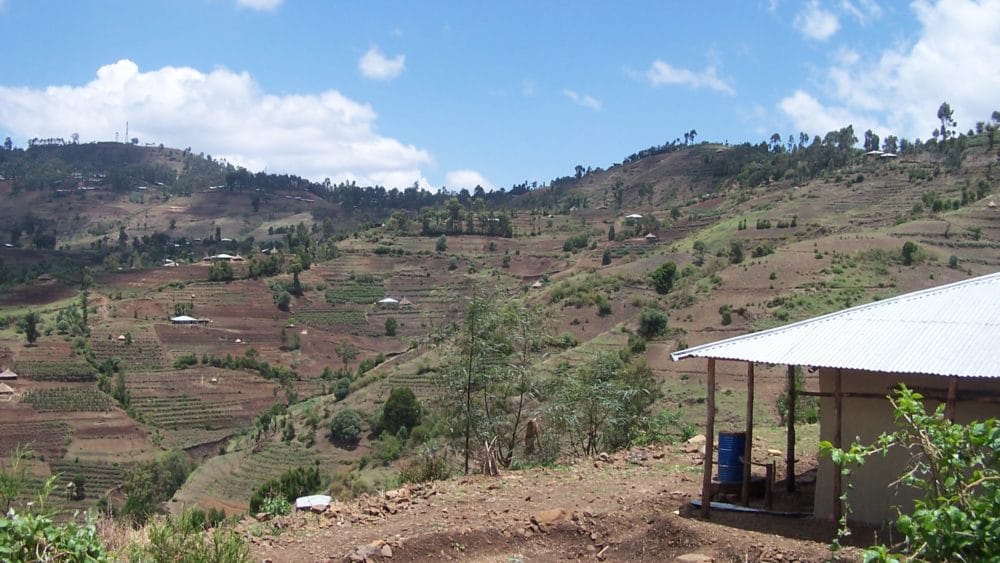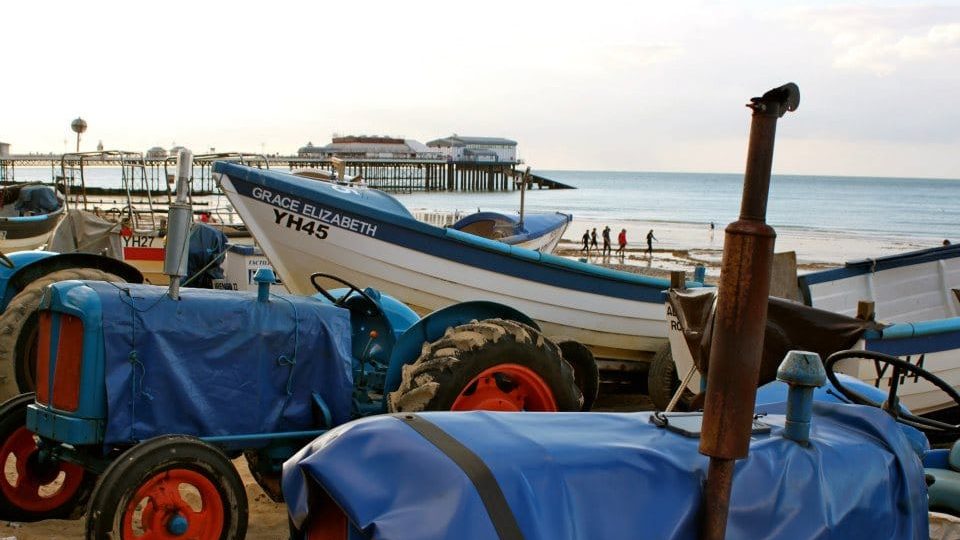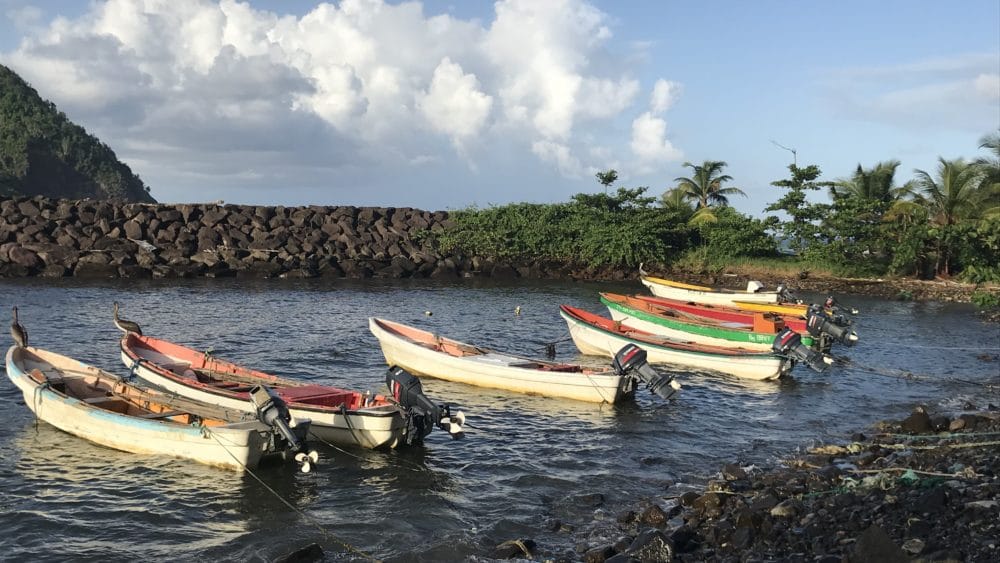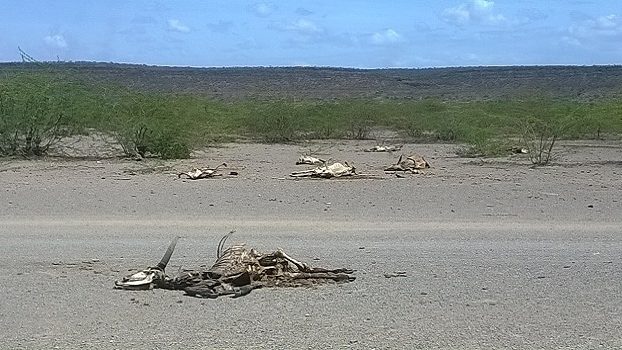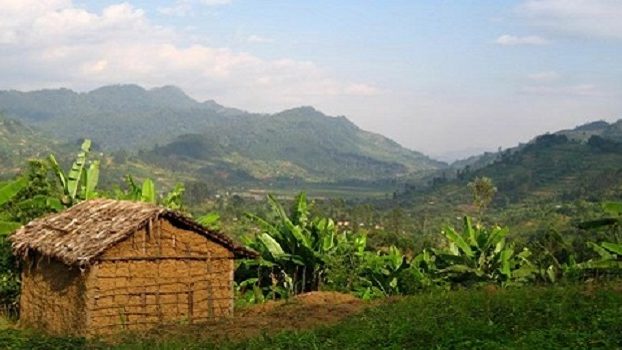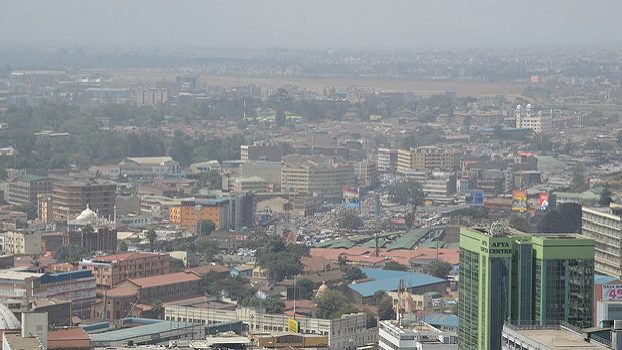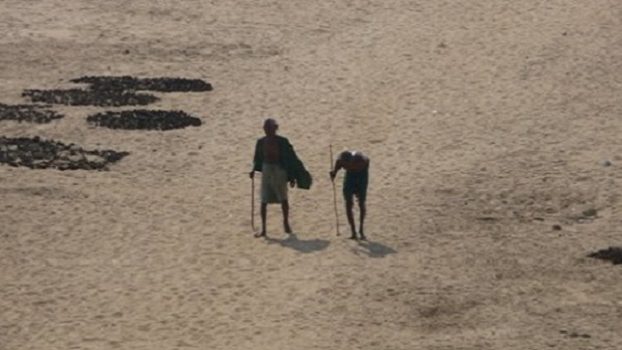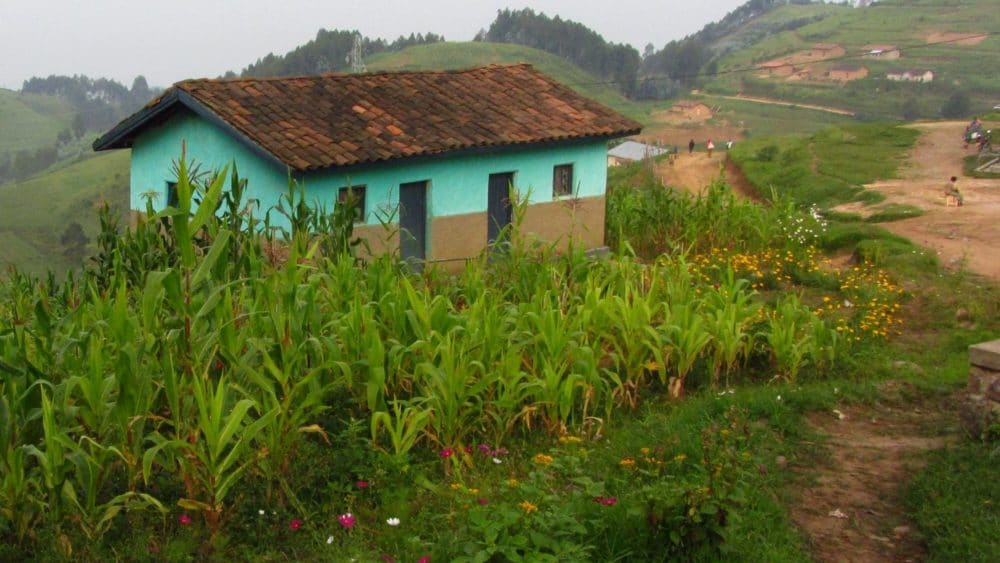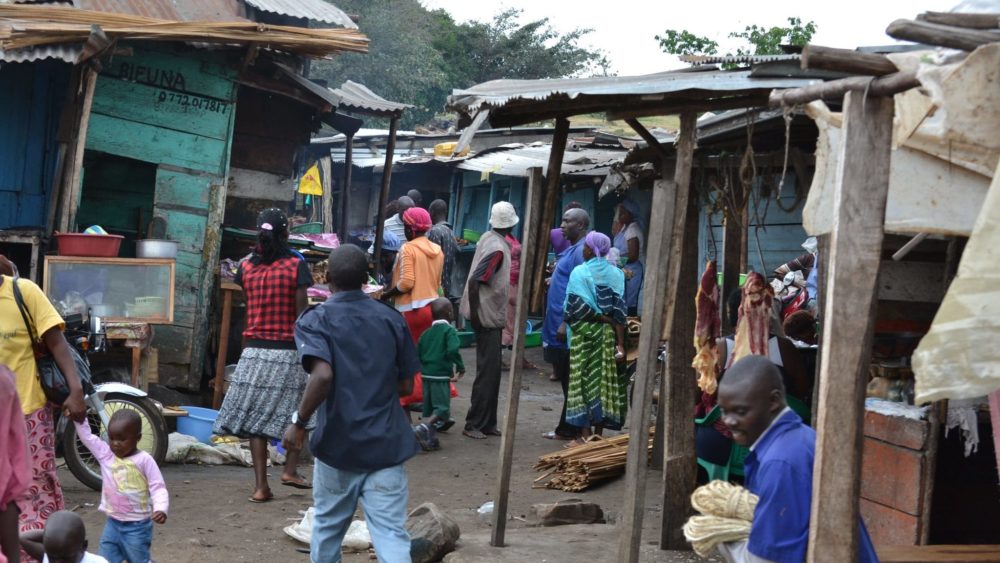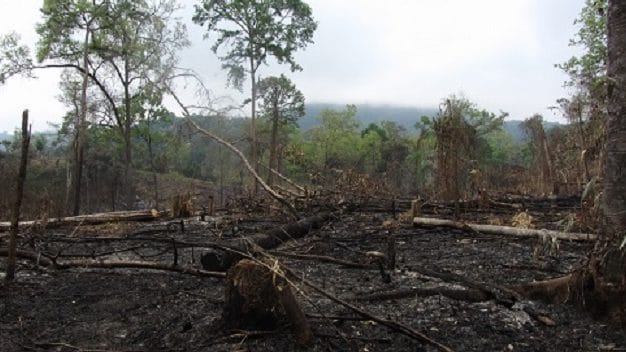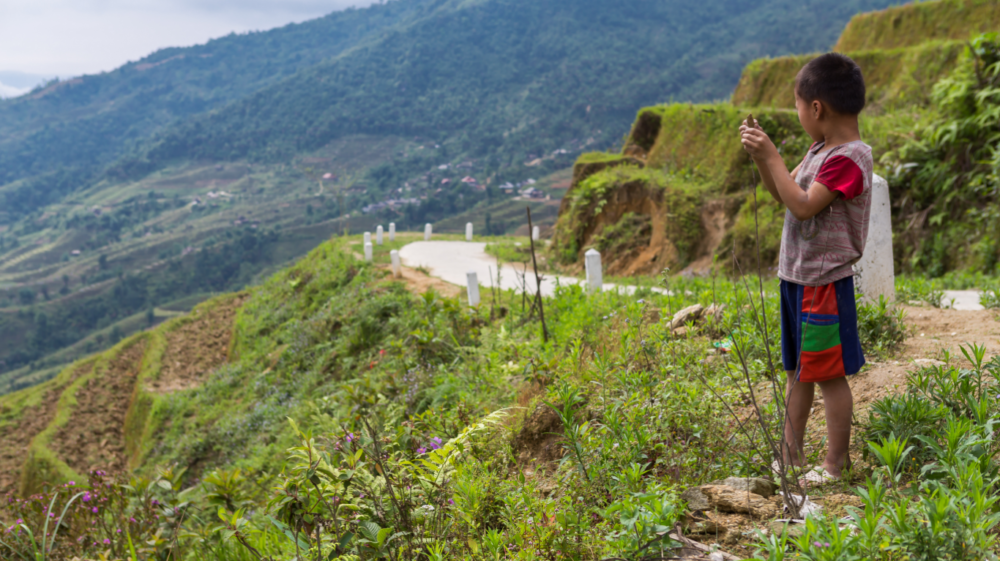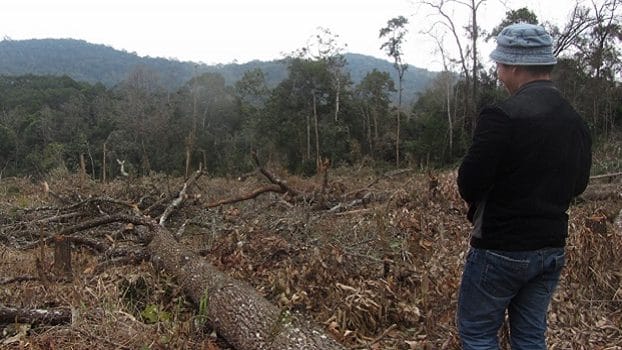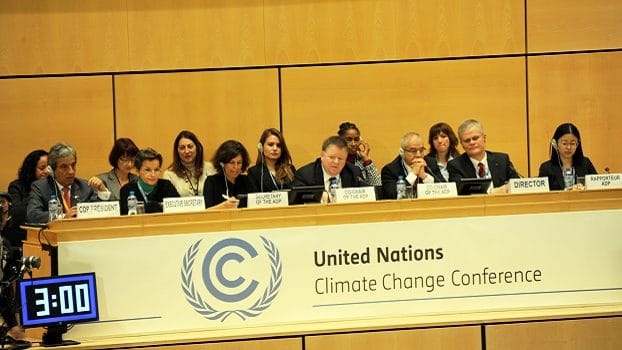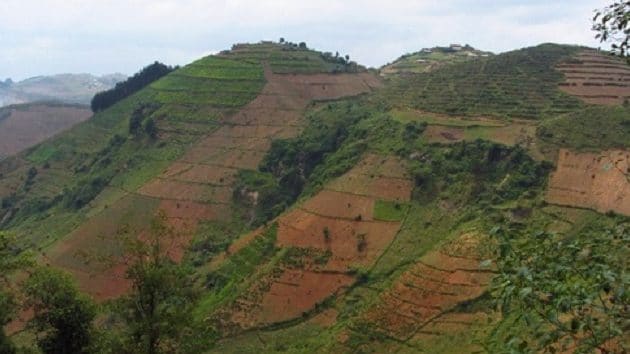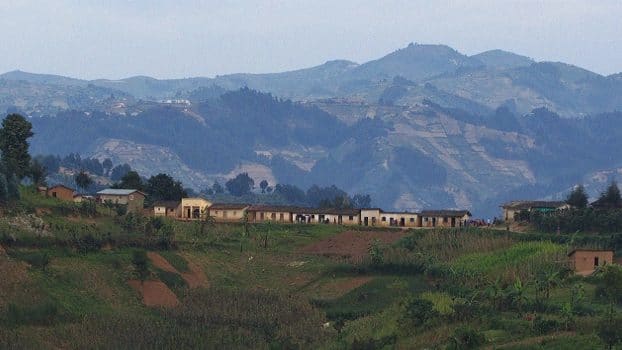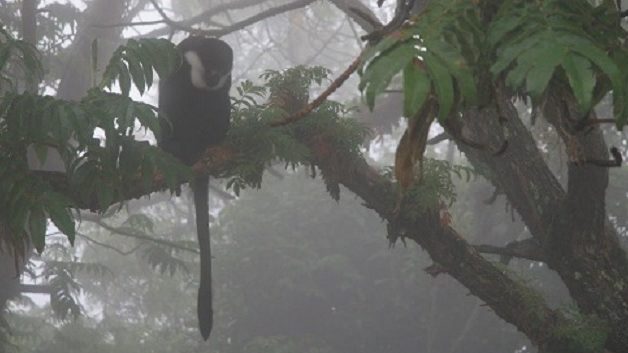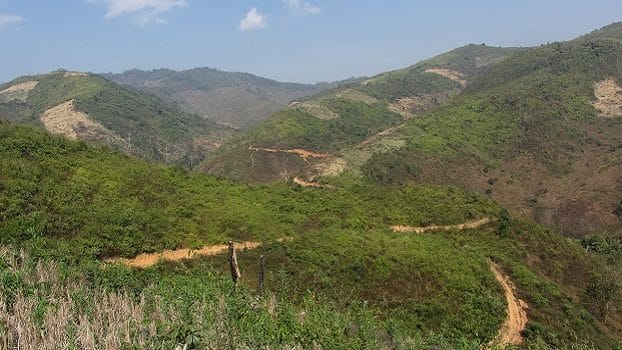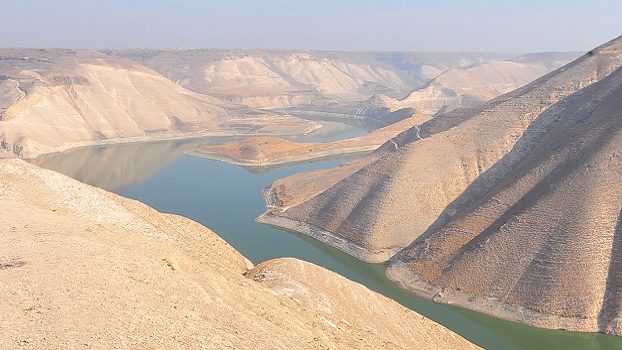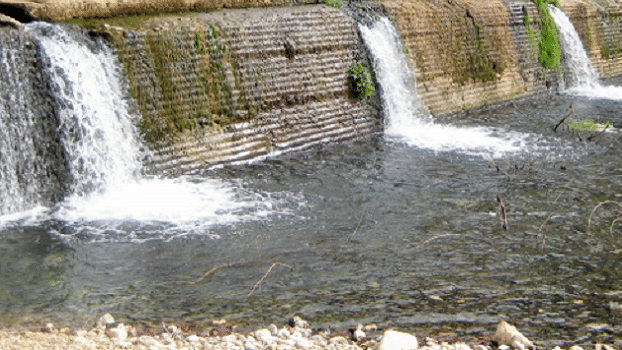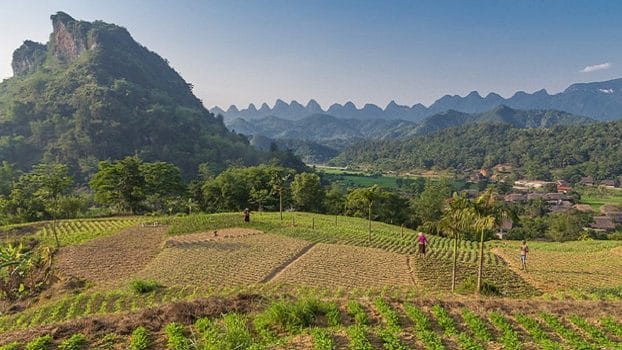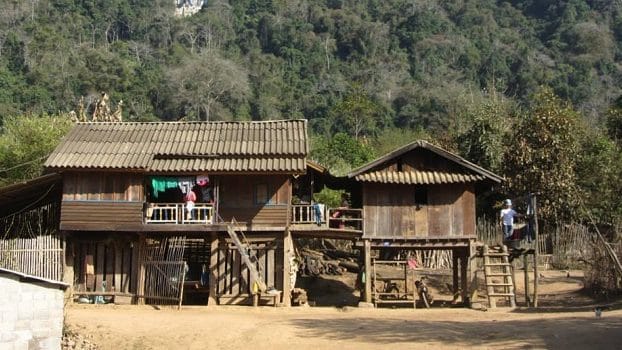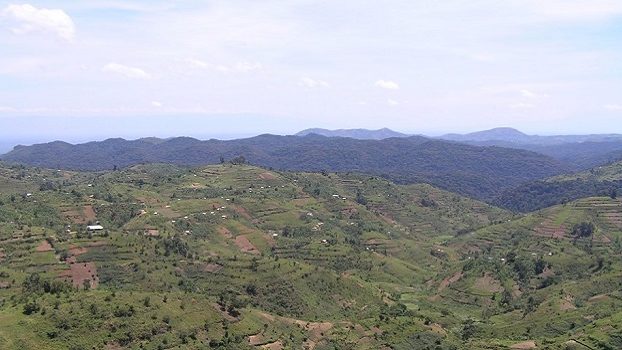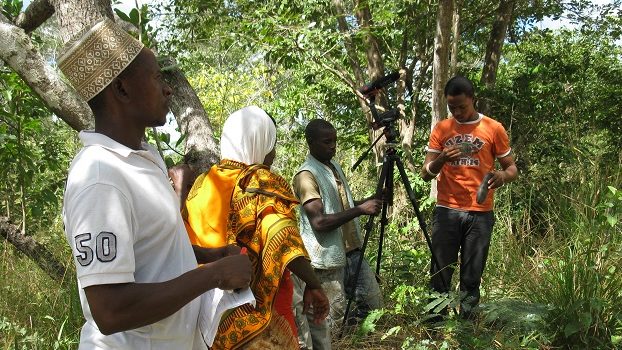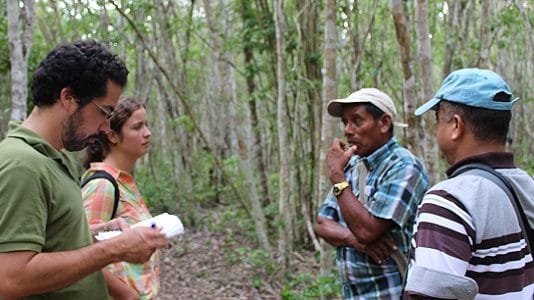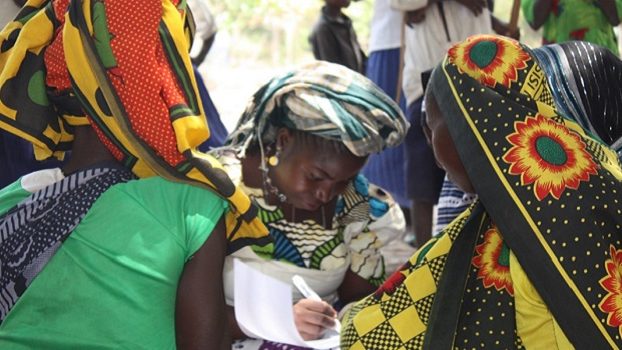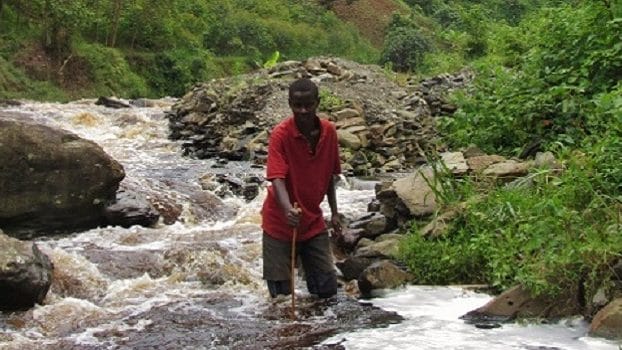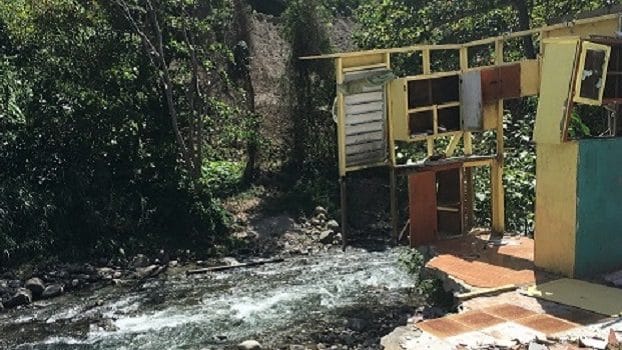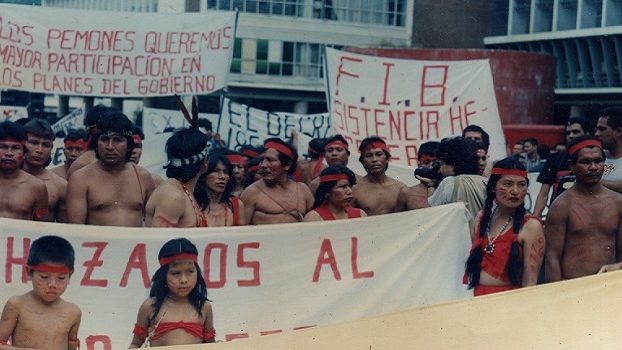The impact of British colonial rule on the landscapes and communities they controlled in countries such as Kenya and Nigeria has had far reaching effects on people’s perceptions of what constitutes natural landscapes and how people interact with and manage their environments. These colonial legacies have raised further challenges in contemporary attempts to improve inclusion in addressing environmental issues due to the legacies of exclusion and racism that have hampered efforts to engage diverse communities in environmental sciences and in environmental justice agendas. Anthropological collections such as those in the Pitt Rivers Museums (PRM), containing a wide range of biological materials, objects, photographs and manuscripts collected by colonial scientists, have created a wealth of archives relating to the environmental histories of these landscapes, and importantly about indigenous knowledge systems, many which have been lost through the process of colonisation. Utilising these archives, the project aims to explore the link between colonial science perspectives and the different value systems placed on ecological knowledge that resulted in these legacies of exclusionary environmental histories.
The project will address three main questions:
- How is environmental history materialised through objects and photographs collected by colonial officers and scientists held in museum collections?
- How are landscapes and natural resources valued differently from diverse cultural perspectives and how did actions of colonial governments affect ecological knowledge and land use which create these environmental histories?
- What sustainability solutions do the collections from Africa hold to respond to current environmental challenges? What does the forgotten past teach us about a better future?
To address these questions the project will use a series of workshops to bring together a group of contributors across different disciplines and cultural backgrounds to interact with collections of materials from Kenya and Nigeria. Our project brings together academics in anthropology, archaeology, and environmental science alongside freelance journalists, artists, NGOs and museum curators. Through the use of digital methods developed at the PRM for conducting object handling sessions, the contributors at the workshop will be able to engage ‘live’ with the museum collections that have been put together and evaluate the themes and identify key connections that help answer the research questions posed. These will then be developed into outputs such as exhibitions, public engagement activities, interdisciplinary databases of the curated collections and frameworks for improving engagement in, and perceptions of, environment sciences across disciplines and cultures in the UK.
Find out more on the Pitt Rivers Museum site.

